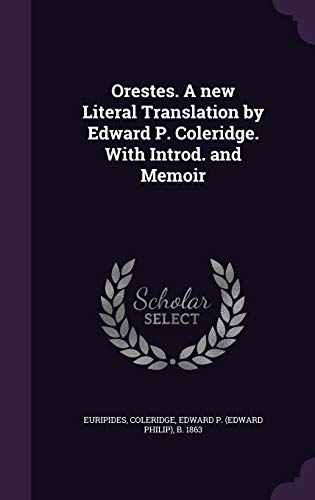What do you think?
Rate this book


74 pages, Hardcover
First published January 1, 409
پس تمامی شما به جایی که گفتم روانه شوید و هماکنون به این دشمنی پایان دهیدو بشنود که
چنین میکنیم آپولوتنبلانهترین تصمیم روایی ممکن است. اما به هر حال در مورد دو هزار و چهارصد سال پیش صحبت میکنیم.